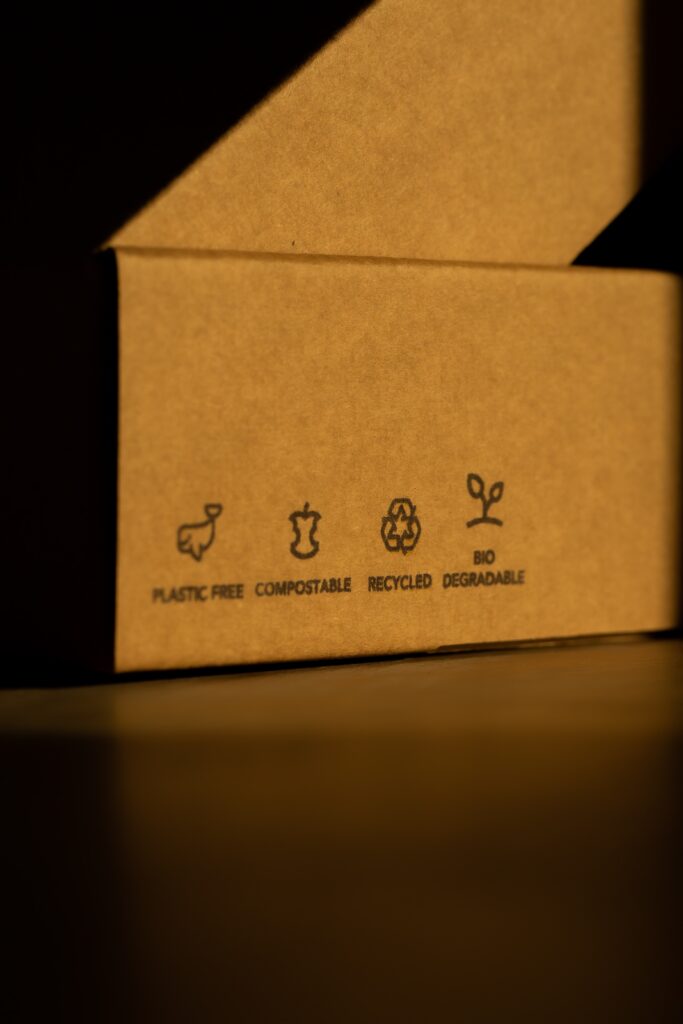As we head into 2023, the focus on sustainability continues to grow, and commercial kitchens are no exception. In the coming year, we can expect to see several sustainability trends that businesses can follow to reduce their impact on the environment.
- Plant-Based Menus: With the increasing demand for plant-based foods, incorporating more plant-based options into menus can help reduce carbon footprint. It also offers the opportunity to highlight local and seasonal produce, which can improve the taste and freshness of the dishes. Research from IMarc shows that plant-based foods are expected to have a CAGR of over 12.5% over the next 5 years, globally. Already, consumers are starting to gravitate from traditional animal products like beef towards plant-based meat alternatives like the Beyond Burger. So it might be well worth looking into if you are considering starting a food based business in 2023.

2. Food Waste Reduction: Reducing food waste is an effective way to reduce the amount of food that ends up in our landfills. This reduction can also help businesses save money by reducing the need for waste collection and disposal. Implementing a food waste reduction plan, such as better inventory management, can also help reduce waste. A 2020 report by the Waste & Resources Action Programme, UK, showed that over 180,000 tons of food across 45 companies were saved from becoming waste thanks to following their waste reduction roadmap. With respect to commercial kitchens, curating bespoke food experiences that minimise eating but concentrate on an elevated dining experience is a 2-birds-with-1-stone approach; diners or consumers get to experience something new while helping the environment!
3. Sustainable Packaging: Single-use plastics are harmful to the environment, so businesses should consider switching to sustainable packaging options. Using compostable or biodegradable packaging materials, such as paper, bamboo, or even edible packaging, can help reduce the environmental impact. This was particularly on the rise during the peak of the COVID-19 pandemic, when restaurants who were short on packaging supplies turned to local materials for packaging. On the other hand, Indian street food establishments and smaller-scale restaurants have always turned to the humble banana leaf for packaging, maybe it’s time commercial kitchens implement something similar in their model too!

4. Energy Efficiency: Reducing energy consumption can help reduce greenhouse gas emissions and lower energy costs. Energy-efficient appliances, LED lighting, and optimising kitchen ventilation systems can help businesses save energy and money. Making the best use of natural light is probably one of the best approaches to having an aesthetically pleasing, environmentally sound enterprise running. A report by Dexma suggests that up to 20% of power consumption can be saved just by switching to more efficient methods.
5. Local Sourcing: Sourcing ingredients from local suppliers can reduce the carbon footprint of transportation and support local farmers and businesses. This trend also promotes the use of fresh, seasonal produce that often has a lower environmental impact than imported products. We at HPG have always believed in the farm-to-table concept. Having helped major consumer brands across the world in conceptualising such concepts, this one in particular is close to our heart.

Sustainability is here to stay. It has turned from a concept of the future to the present. If anything, these trends prove it. Talk to the commercial kitchen consultants at HPG to kickstart your journey in sustainability!
At HPG Consulting as commercial kitchen consultants take pleasure in generating the greatest value and return on investment for every dollar spent. After working with a variety of clients, some of which had stringent financial restrictions, HPG Consulting is aware of the need to keep project costs reasonable without sacrificing the quality of materials and deliverables.
Featured Image Credits: Wikimedia